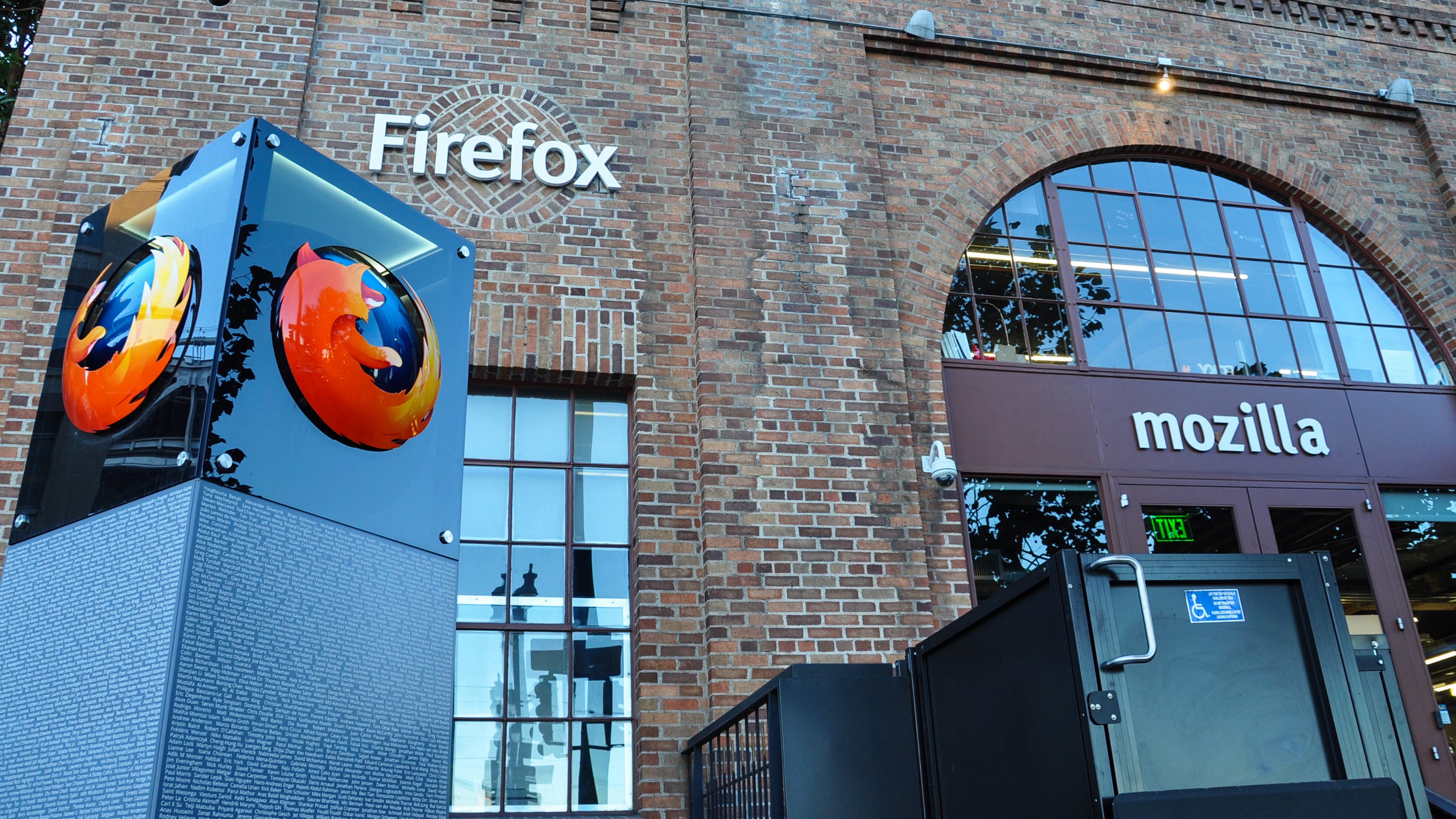Looking to choose a new browser? These secret factors may influence you more than you think
Mozilla wants to help you decide on a default browser

Sign up for breaking news, reviews, opinion, top tech deals, and more.
You are now subscribed
Your newsletter sign-up was successful
Mozilla, the company responsible for the popular Firefox browser, has weighed in on how it thinks browser choice screens can impact which browser we choose ahead of upcoming EU DMA requirements.
The research comes from 12,000 participants across Europe and claims to be one of the earliest large-scale studies designed to understand how consumers are impacted by browser choice screens.
According to the analysts, deploying the right type of browser screen encourages competition and puts the power in the consumer’s hand once more.
Mozilla paves the way for browser choice research
The EU’s Digital Markets Act will require browser choice screens from 2024, but despite the looming deadline, Mozilla says that there has been limited focus on the effectiveness of browser competition remedies so far.
In light of the EU’s decision to more actively promote competition, its 2022’ Five Walled Gardens’ report uncovers how developers can shift the power back into consumers’ hands.
Among its key findings is that consumers prefer to have a choice of browsers during device setup rather than at a later stage, likely because they are already prepared for having to make numerous other decisions at this stage. Mozilla noted that an earlier opportunity would be less likely to interrupt workflow.
The report also highlights that smaller factors, like browser choice screen design and the order that browsers appear in, have a substantial impact on a user’s decision.
Sign up to the TechRadar Pro newsletter to get all the top news, opinion, features and guidance your business needs to succeed!
Even so, Chrome’s existing dominance looks unlikely to be challenged anytime soon. Of the four test groups observed by Mozilla, between five and six users in 10 chose Google’s browser, which marries up with current Statcounter figures giving Chrome a 64% market share.
Mozilla says that it’s “engaging with interested regulators, firms, academics, civil society and consumer organisations to discuss the results of [its] experiment, the implications for browser choice screens and the broader learnings,” in the hope that it can help the EU to better encourage consumer choice.
More from TechRadar Proo
- Huge security breach affects Chrome, Firefox, Brave, Edge, and plenty more apps besides - here's what you need to know
- Looking to make a more informed decision? Read about the best privacy tools and anonymous browsers
- Add an extra layer of security with the best firewalls
With several years’ experience freelancing in tech and automotive circles, Craig’s specific interests lie in technology that is designed to better our lives, including AI and ML, productivity aids, and smart fitness. He is also passionate about cars and the decarbonisation of personal transportation. As an avid bargain-hunter, you can be sure that any deal Craig finds is top value!
